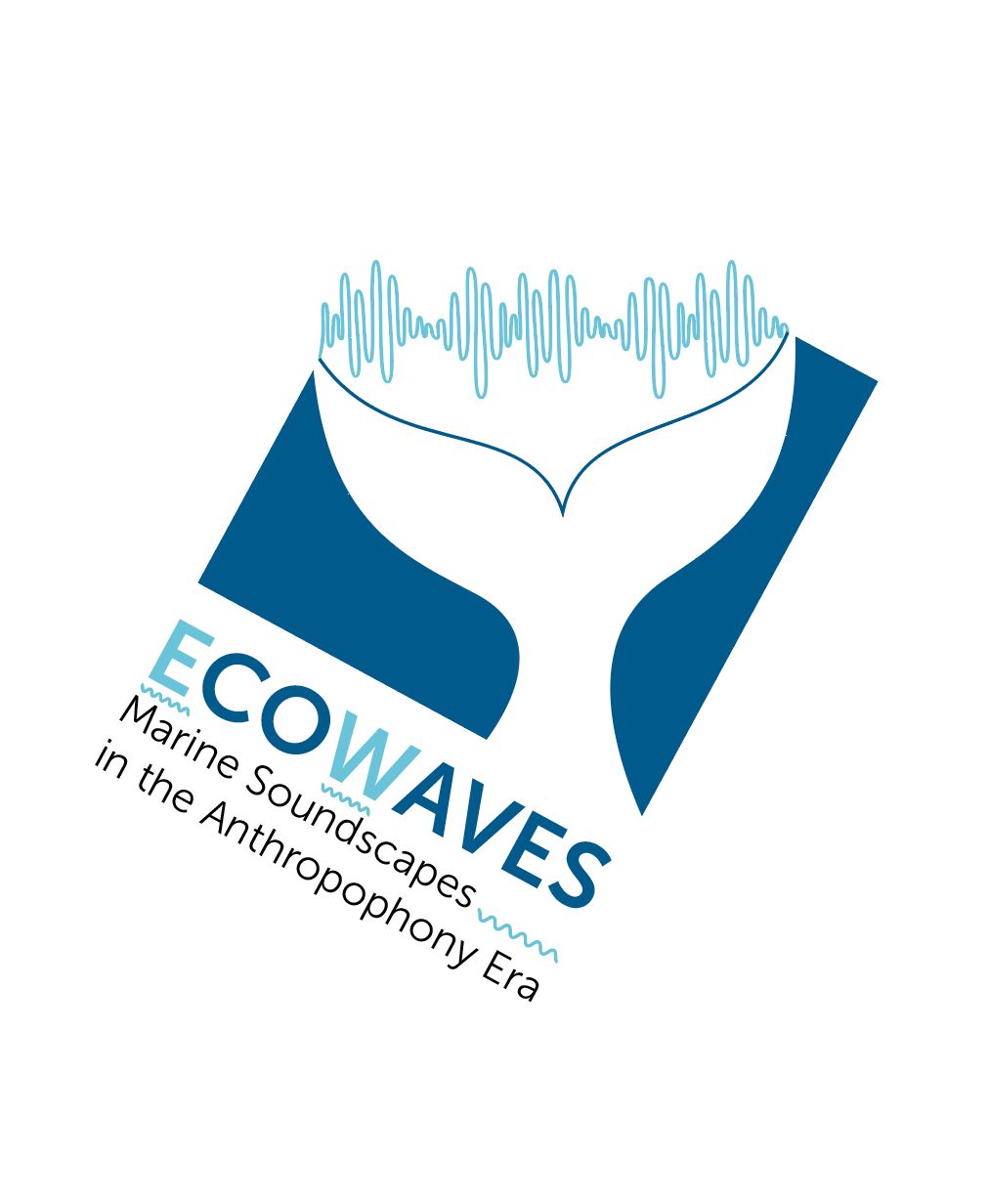Marine Soundscapes in the Anthropophony Era
Naples, 26th-30th May 2025
Darwin-Dohrn Museum, Villa Comunale, 80121, Naples, Italy
This summer school offers participants a comprehensive introduction to the application of acoustics in ecological studies. Attendees will explore the science of acoustic waves in seawater, gaining foundational knowledge in the physics of sound and the use of cutting-edge instruments to analyze marine soundscapes. The program covers innovative methodologies, from passive acoustic monitoring to advanced technologies such as autonomous underwater vehicles and AI-driven signal detection. Participants will also learn how marine organisms use sound for essential biological functions and examine the effects of human-generated noise pollution on coastal and oceanic systems. Through a blend of theoretical knowledge and hands-on training, the course will provide the tools to assess the role of sound and the impacts of noise on the physiology and behavior of marine organisms. The program will further explore how these effects influence ecological communities, emphasizing the application of mesocosm experiments and field sampling to advance ecological research.
In a nutshell
This summer school is designed to offer a multidisciplinary approach to understanding the critical role of sound in marine ecosystems. It is a unique opportunity to join a growing community of researchers addressing one of the most pressing issues in marine conservation, preparing participants to contribute to innovative solutions and impactful research in this field. The program integrates theoretical and practical sessions, providing participants with comprehensive insights into marine acoustic ecology, technological tools, and effective research and communication strategies.
Target Audience
Open to graduate and PhD students, postdocs, and early-career researchers from the following fields:
(i) Biology and ecology—those who want to learn more about underwater acoustics for their research.
(ii) Physics and engineering—those passionate about marine science and environmental conservation.
Theoretical lessons
- Physics of underwater sound and measurement techniques.
- Underwater acoustics and the role of sound from invertebrates to megafauna.
- State-of-the-art acoustic technologies for monitoring biodiversity and environmental changes.
- The impacts of anthropogenic noise on marine ecosystems and species.
- Communicating acoustic ecology to the public through educational tools and outreach.
Practical lessons
- Setup and calibration of hydrophones and recording systems.
- Identification of sound sources and species-specific vocalizations.
- Use of software for data visualization and soundscape analysis.
- In tank experiments to record effects of noise on invertebrates.
Lecturers
Dr. Francesco Caruso (Stazione Zoologica Anton Dohrn)
Dr. Filomena Ristoratore (Stazione Zoologica Anton Dohrn
Dr. Francesca Rossi (Stazione Zoologica Anton Dohrn)
Dr. Marco Signore (Stazione Zoologica Anton Dohrn)
Prof. Giovanni Zambon (University of Milano-Bicocca)
Dr. Salvatore Viola (National Institute for Nuclear Physics)
Prof. Lucia Di Iorio (University of Perpignan)
Prof. Lucia Manni (University of Padua)
Dr. Marios Chatzigeorgiou (University of Bergen)
Prof. Livio Favaro (University of Turin)
Dr. Virginia Sciacca (Italian National Research Council)
The course is open to 20 participants.
DOWNLOAD THE POSTER HERE: Summer School 2025 ECOWAVES
IMPORTANT INFORMATION
Applications: deadline 4 April.
Participants will be notified by 15 April.
Registration and payment are due by 30 April.
Fee: 250 euro per person (coffee breaks, lunches, icebreaking and social dinner included)
ORGANIZERS: Francesco Caruso, Filomena Ristoratore, Francesca Rossi, Marco Signore
Info: This email address is being protected from spambots. You need JavaScript enabled to view it.











